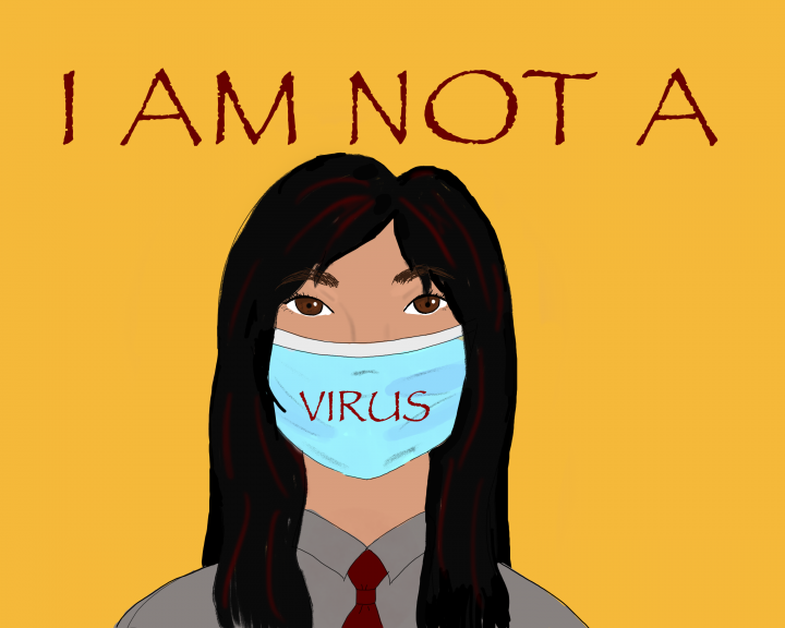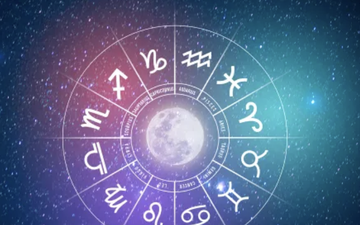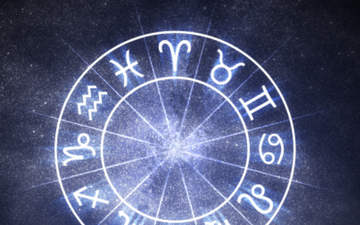
In the period before Covid-19, China was the fastest growing market in Europe for international tourism with around 5 million Chinese tourists each year. France, Italy and Spain are among their favorite holiday destinations. Chinese tourists also spend over 250 billion euros a year worldwide.
In a sector that has been dramatically hit by the pandemic, experts are convinced that recovery will begin progressively once a major vaccination program is developed. According to Dragon Trail Interactive, a company that helps travel agencies engage with Chinese customers, Chinese travelers have changed their preferences and patterns over time.
"Chinese tourists want to get the most out of their trip to Europe. They do not have much free time and for most people traveling long distances to Europe it will be a one-time trip." Sienna Parulis-Cook, communications director at Dragon Trail Interactive, told Euronews: "So they want to make sure they can see and do as many things as possible."

Në një debat të fundit televiziv, organizuar nga Euronews dhe CGTN (Rrjeti Global Televiziv i Kinës), disa nga folësit nënvizuan se si vizioni i turistit kinez është i ndryshëm nga e kaluara dhe për këtë arsye duhet të ketë oferta të shumta turizmi. Konsumatorët kinezë përdorin gjerësisht teknologjinë dixhitale dhe WeChat është ndër platformat më të përdorura për ta. Në Itali, Milano ka filluar një fushatë specifike promovuese në WeChat, të quajtur 'Yes Milano'. Një iniciativë e ngjashme është gjithashtu duke u zhvilluar për rajonin e Toskanës.
Shenjat e para të rimëkëmbjes në tregun e turizmit duhet të shfaqen gradualisht midis pranverës dhe verës së ardhshme.

We must also emphasize discrimination. Discrimination against China and the Chinese people is not new. Synophobia is a documented phenomenon and has existed for centuries. In countries where Asians are a minority, such as in Europe, the US and Australia, synophobia seems to be fueled by stereotypes that regard the Chinese as unclean and uncivilized. At the moment, the tourism sector has to fight this phenomenon as well, which has grown significantly after the virus was first identified in Wuhan, China.
Burimet: Euronews, BBC, Dragon Trail Interactive





